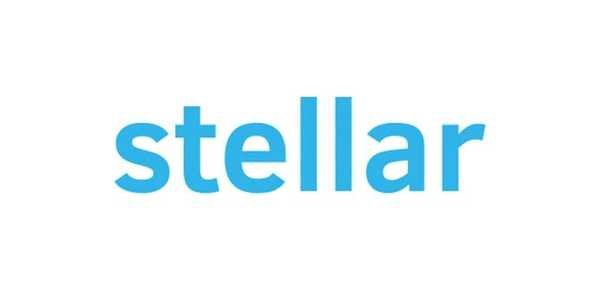
There is something interesting about those that seek to be disruptors. Steemit seeks to disrupt the way revenue is shared among content creators and moderators so that those responsible for drawing the traffic to the various websites are rewarded accordingly. Similarly, Stellar seeks to redefine the payment, clearance, and settlement process for online payments.
The problem is that both of these seek to make a mark in an otherwise crowded marketplace. There are a number of reputation-based altcoins currently being traded, and Stellar is a fork of the third largest altcoin by market capitalization, Ripple. The difference between Stellar and Ripple is a change in the consensus code, or how updates to the transaction ledger are approved and rolled out. Similarities, however, in the Stellar and the Ripple protocols have led to Stellar being largely marketed to the nonprofit world, particularly in the developing world.
This article will look at the comparison between Stellar and Steem from the investor's point of view. While the intention of this article is not to argue the coins' investment worth, it is to point out a few details that may help you to be a more informed investor.
Tales of the Tape
|
|
Stellar (XLM) | Steem (STEEM) |
| Utility | Global value exchange network, a fork of Ripple. | Steemit network store of value, social network reward token. |
| Number of Holders | Unsure. Due to Stellar's offer to giveaway up to 16 billion XLM to bitcoin holders (the foundation actually gave away 2,037,756,770 XLM, about a quarter of the currently-distributed XLMs), there can be more than two million active XLM users. The actual distribution to wallets has not been released publicly. | 500,000+ |
| Community | Large (this may be artificially inflated due to the free distribution of XLM to bitcoin and Ripple holders) | Large |
| Market Capitalization (2017) | $4,949,335,829 | $940,021,504 |
| Daily Trading Volume (High, 2017) | $660,883,000 | $3,987,600 |
| One-Year Performance (2017) | 146,042% | 4,835% |
| Public Awareness | Low | Low |
The Problem with Outreach
When you look at the market capitalization of Stellar, there seems to be something amiss. If you were to look at the historical price chart for Stellar, you would notice an unexpected price spike per BTC in May 2017. The reason for this is that Stellar decided to give away up to 16 billion XLM - exceeding the circulated supply at the time - to bitcoin holders in a type of airdrop distribution. The idea behind this was simple; the company would get XLMs in the hands of altcoin users that would otherwise favor the more established Ripple.
The problem with this is that the lack of public awareness left the majority of the available Stellar unclaimed. The percentage, however, that was claimed led to a market capitalization boom that - when coupled with the rebound of bitcoin's price - led to significant price speculation.
Stellar is currently in a bear market, however, despite announcing several new partnerships. While Steemit is also in decline - having lost more than two-thirds its market cap in three months - Stellar's market cap drop from $13 billion to $3 billion in two months have some declaring the coin dead, despite a recent slight rebound.
As both coins are tethered to bitcoin, a recovery of both coins may be precipitated on a restoration of the bitcoin market position.
It is important that you realize the risks involved in engaging in any altcoin activity before investing. As always, due diligence is key.
Be the first to know what is going on in the altcoin market. Sign up for the Bitcoin Market Journal investor newsletter today.
Loving this comparison series
good steem stellar post thank for shearing
Interesting stuff brother
wew daily trading! is very high
In what way are "both coins tethered to bitcoin"?